Mideast grabs land elsewhere
- CNN
- 21 May 2009
CNN's John Defterios takes a look at how Middle Eastern countries are scouring the globe for farmland.

CNN's John Defterios takes a look at how Middle Eastern countries are scouring the globe for farmland.
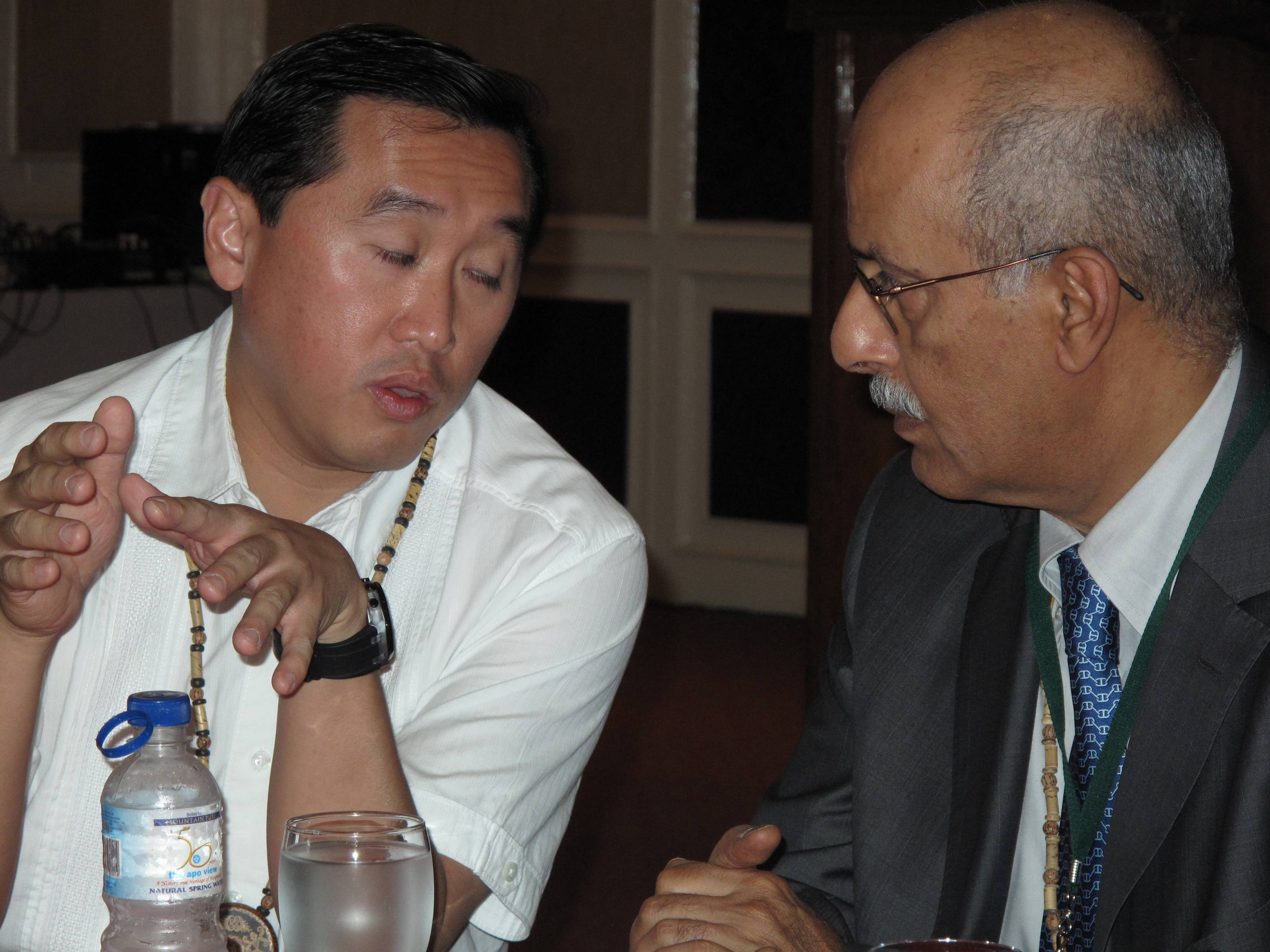
The Egyptian Ministry of Agriculture and Land Reclamation is planning to set up model farms in Uganda. So far, one site of 200 hectares suitable for wheat growing has already been identified at Labora, Koro sub-county in Gulu district.
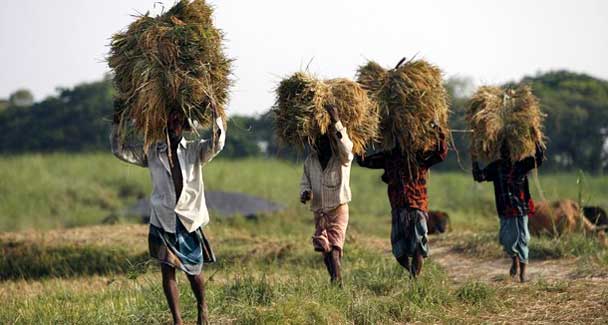
The fact that President Jakaya Kikwete accepted an invitation to Saudi Arabia recently to discuss the possibility of farmland allocation is important, as it means that Tanzania is attentive to the proposal.

A number of African countries are inviting South African farmers to come over to their countries and ply their trade, and Libya is included.
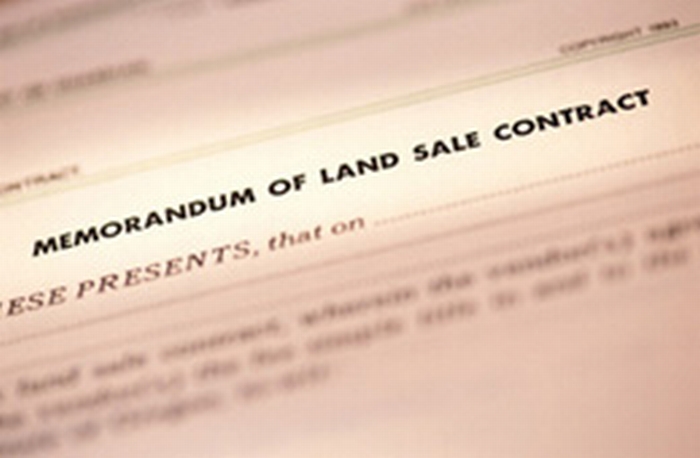
Foreign investors should not be allocated huge chunks of land especially that which measures in square kilometres because such land should principally be owned by Ugandans, President Museveni has directed.
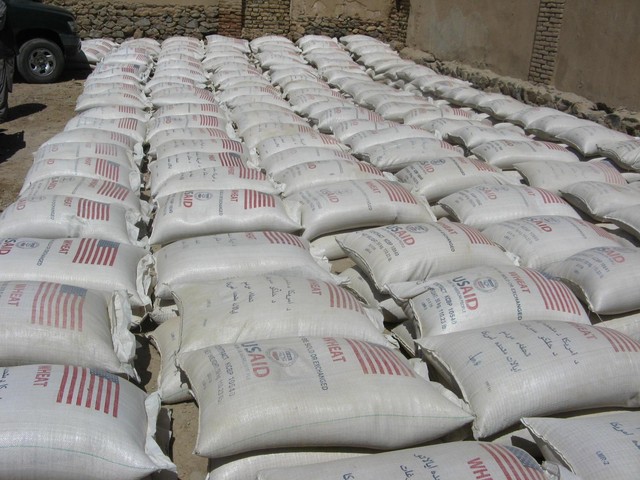
Saudi Arabia and the UAE are worldwide leaders in buying farmland in third-party countries, followed by China and Japan, says the World Bank.
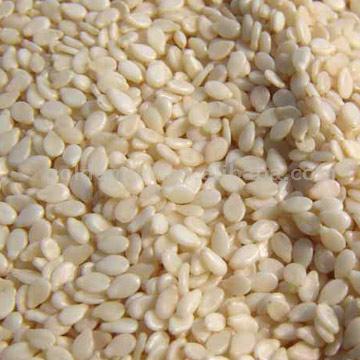
Los defensores del modelo de poner a producir las tierras desde los gobiernos, inversionistas o grandes corporaciones argumentan que se generan puestos de trabajo, que se hace rendir tierras ociosas y que se producen alimentos. Pero en ese análisis falta el principal elemento. La pobreza en el mundo reside en el campo, precisamente por modelos como éste.
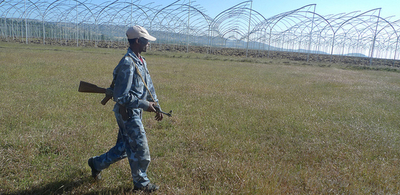
Des pays en quête de ressources alimentaires et des groupes financiers séduits par les perspectives du marché mondial de l'agriculture acquièrent en masse des terres arables dans des pays le plus souvent pauvres ou émergents, un phénomène qui inquiète des ONG.

The global food and financial crises have combined to create a new form of colonialism in which countries short of resources and corporations desperate for profits are buying up arable land in emerging nations, NGOs say. The non-governmental organisations have expressed concern at this "global land grab," which they say is threatening the survival of rural livelihoods in some parts of the world.
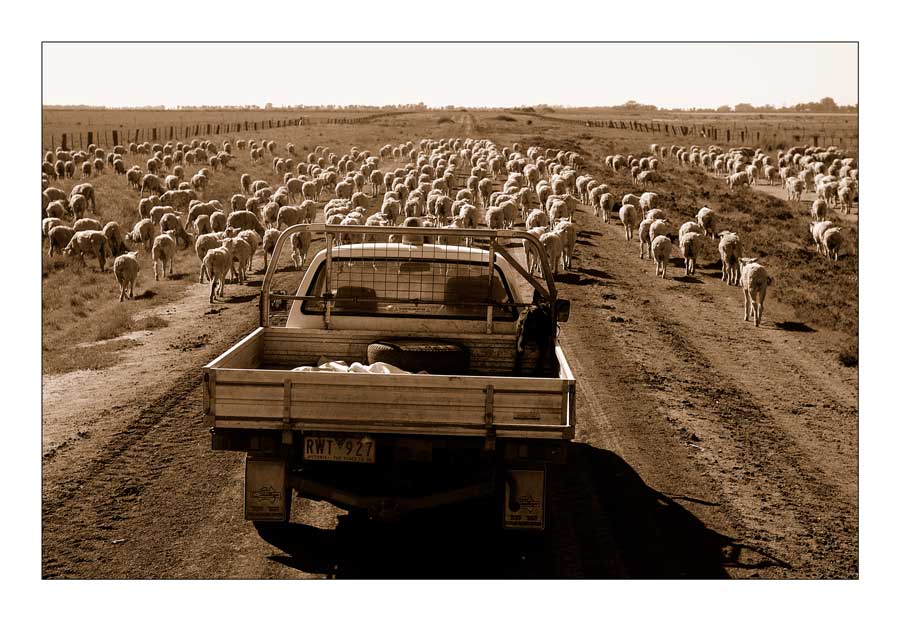
Autre problème posé par l’exploitation des terres agricoles en Afrique par d’autres pays et par les multinationales étrangères : le droit à la propriété foncière. Dans plusieurs pays du continent, les législations autour de ce droit sont floues.
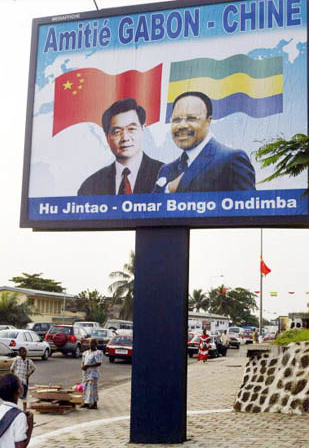
The initial welcome given to rich countries’ investment in African farmland by agricultural and development officials has faded as the first ventures prove to be heavily weighted in favour of the investors. The FAO warned of such a trend when it said this year that the race to secure farmland overseas risked creating a “neo-colonial” system.
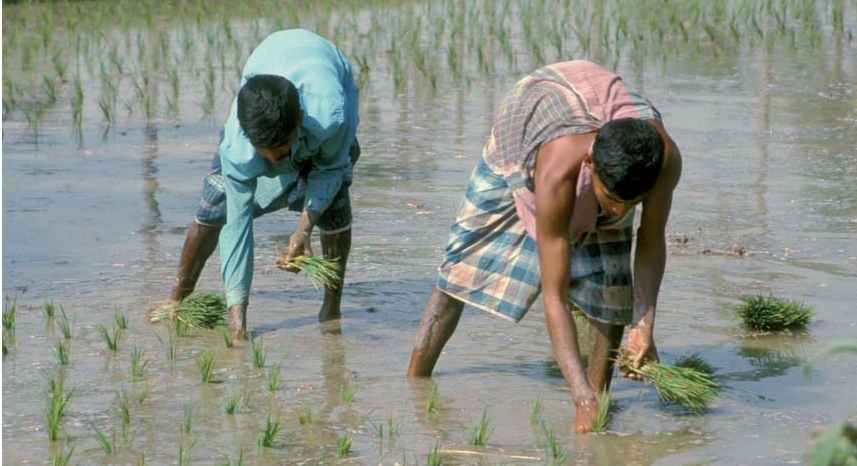
La location de terres agricoles en Afrique de l’Est a été initiée par des fonds arabes du Golfe. Voilà que des hommes d’affaires égyptiens veulent produire du blé en Ouganda.
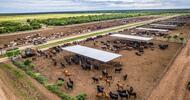
|
Paraguay: Huge beef farm hits market
|

|
Obsolètes, les réformes agraires ?
|